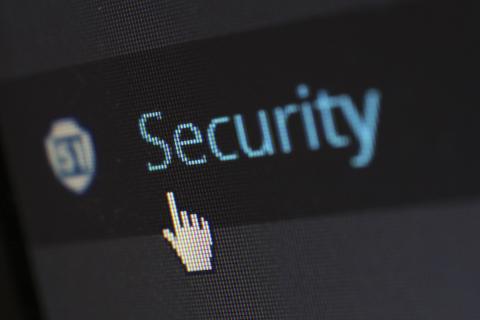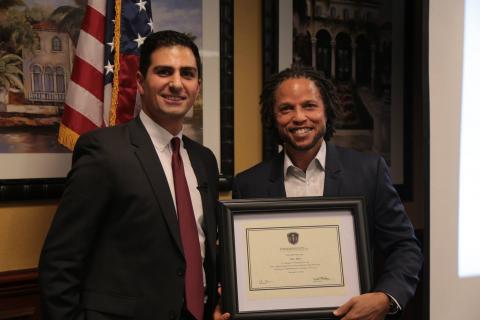Colleges Taking Steps to Ensure Safer Campuses
May 19,2023
Ensuring the safety and well-being of students is a top priority for colleges and universities. In recent years, educational institutions have become increasingly proactive in implementing measures to create safer campuses. From bolstering security infrastructure to enhancing mental health support services, colleges are taking decisive steps to foster a secure and conducive learning environment for their students. In this article, we will explore some of the key initiatives that colleges are undertaking to promote campus safety.
-
Enhanced Security Measures: Colleges are investing in upgraded security systems to protect their campuses. This includes installing advanced surveillance cameras, access control systems, and emergency notification systems. These measures help in monitoring campus activity, deterring potential threats, and facilitating a rapid response in case of emergencies.
-
Increased Police and Security Presence: Many colleges are increasing the presence of campus police officers and security personnel to maintain a visible and vigilant presence. These professionals are trained to handle emergencies, de-escalate conflicts, and enforce campus regulations. Their proactive presence helps deter crime and ensures a timely response to incidents.
-
Safety Education and Training: Colleges are implementing comprehensive safety education programs to educate students, faculty, and staff about potential risks and how to respond to them effectively. These programs cover topics such as active shooter drills, sexual assault prevention, fire safety, and emergency preparedness. By equipping the campus community with the knowledge and skills necessary to handle emergencies, colleges empower individuals to contribute to a safer environment.
-
Collaborations with Local Law Enforcement: Colleges are forging partnerships with local law enforcement agencies to strengthen security measures. This collaboration often includes regular communication, joint training exercises, and sharing of information regarding potential threats. Building strong relationships between campus security and local law enforcement enhances coordination and response capabilities during critical situations.
-
Improved Mental Health Services: Recognizing the importance of mental health in campus safety, colleges are expanding mental health support services. They are increasing the availability of counselors, psychologists, and mental health professionals to address the psychological well-being of students. Providing accessible and confidential mental health resources helps identify and assist individuals who may pose a risk to themselves or others.
-
Technological Innovations: Colleges are embracing technological advancements to enhance campus safety. This includes implementing mobile safety apps that allow students to report incidents and request assistance discreetly. Some institutions are also utilizing geofencing technology to send location-specific safety alerts and notifications to students and staff. Additionally, smart lighting and emergency call boxes are being installed in key areas to improve visibility and facilitate emergency communication.
Colleges are taking proactive measures to create safer campuses and prioritize the well-being of their students. By investing in enhanced security measures, promoting safety education, and providing robust mental health support services, institutions are cultivating an environment conducive to learning and personal growth. Collaboration with local law enforcement and the integration of technological innovations further contribute to a comprehensive approach to campus safety. As these initiatives continue to evolve, colleges are setting a benchmark for ensuring the security and welfare of their campus communities.





